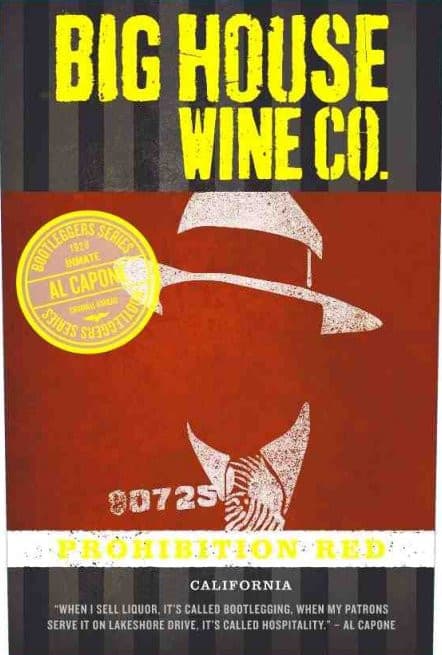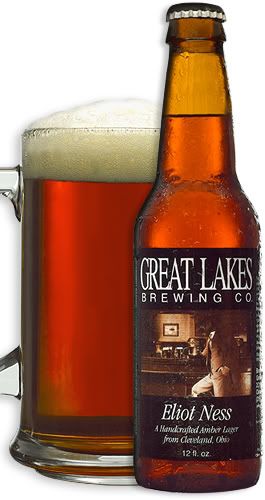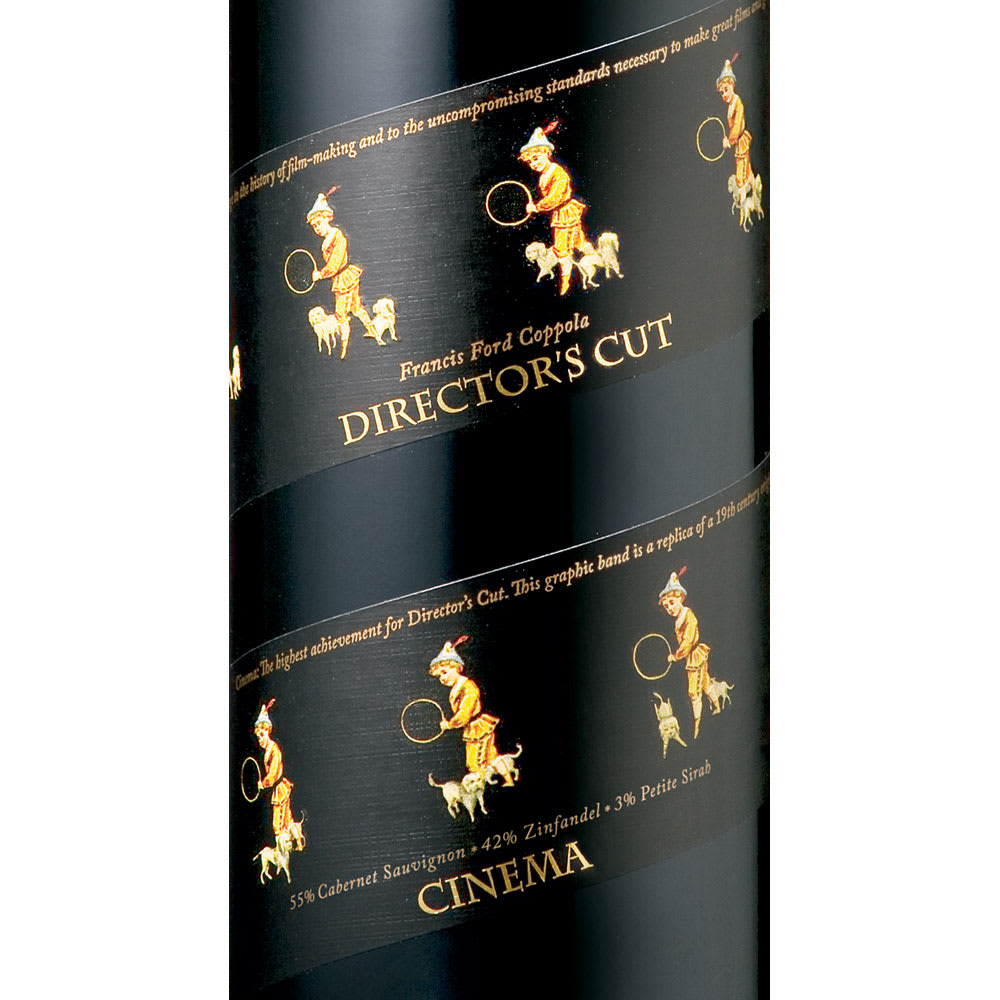Julian P. Assange, 47, the founder of WikiLeaks, was arrested in the United Kingdom pursuant to the U.S./UK Extradition Treaty, in connection with a federal charge of conspiracy to commit computer intrusion for agreeing to break a password to a classified U.S. government computer.
According to court documents unsealed, the charge relates to Assange’s alleged role in one of the largest compromises of classified information in the history of the United States.
The indictment alleges that in March 2010, Assange engaged in a conspiracy with Chelsea Manning, a former intelligence analyst in the U.S. Army, to assist Manning in cracking a password stored on U.S. Department of Defense computers connected to the Secret Internet Protocol Network (SIPRNet), a U.S. government network used for classified documents and communications. Manning, who had access to the computers in connection with her duties as an intelligence analyst, was using the computers to download classified records to transmit to WikiLeaks. Cracking the password would have allowed Manning to log on to the computers under a username that did not belong to her. Such a deceptive measure would have made it more difficult for investigators to determine the source of the illegal disclosures.
During the conspiracy, Manning and Assange engaged in real-time discussions regarding Manning’s transmission of classified records to Assange. The discussions also reflect Assange actively encouraging Manning to provide more information. During an exchange, Manning told Assange that “after this upload, that’s all I really have got left.” To which Assange replied, “curious eyes never run dry in my experience.”
Assange is charged with conspiracy to commit computer intrusion and is presumed innocent unless and until proven guilty beyond a reasonable doubt. If convicted, he faces a maximum penalty of five years in prison. Actual sentences for federal crimes are typically less than the maximum penalties. A federal district court judge will determine any sentence after taking into account the U.S. Sentencing Guidelines and other statutory factors.
G. Zachary Terwilliger, U.S. Attorney for the Eastern District of Virginia, John C. Demers, Assistant Attorney General for National Security, and Nancy McNamara, Assistant Director in Charge of the FBI’s Washington Field Office, made the announcement after the charges were unsealed. First Assistant U.S. Attorney Tracy Doherty-McCormick, Assistant U.S. Attorneys Kellen S. Dwyer, Thomas W. Traxler and Gordon D. Kromberg, and Trial Attorneys Matthew R. Walczewski and Nicholas O. Hunter of the Justice Department’s National Security Division are prosecuting the case.
The extradition will be handled by the Department of Justice’s Office of International Affairs.
Get the latest breaking current news and explore our Historic Archive of articles focusing on The Mafia, Organized Crime, The Mob and Mobsters, Gangs and Gangsters, Political Corruption, True Crime, and the Legal System at TheChicagoSyndicate.com
Friday, April 12, 2019
Thursday, April 11, 2019
Big House Red Wine Inspired by Al Capone from the Bootlegger's Series

So dark, so delicious, so dangerous-Big House Prohibition Red showcases notes of blackberries and raspberries, with hints of leather and spices.
The palate is clean, exhibiting flavors of cranberries, roses and a touch of rhubarb. This finish lingers, leaving you with flavors of vanilla and dark cherries.
Prohibition Red walks the line between soft and smooth and powerful and vicious; it’s as infamous as Al Capone himself.
Tuesday, April 09, 2019
Al Capone's Soup Kitchen
Chicago shivered through a particularly bleak November in 1930. As the U.S. economy plummeted into the Great Depression, thousands of the Windy City’s jobless huddled three times a day in a long line snaking away from a newly opened soup kitchen. With cold hands stuffed into overcoat pockets as empty as their stomachs, the needy shuffled toward the big banner that declared “Free Soup Coffee & Doughnuts for the Unemployed.”
The kind-hearted philanthropist who had come to their aid was none other than “Public Enemy Number One,” Al Capone.
Capone certainly made for an unlikely humanitarian. Chicago’s most notorious gangster had built his multi-million-dollar bootlegging, prostitution and gambling operation upon a foundation of extortion, bribes and murders that culminated with the 1929 St. Valentine’s Day Massacre in which he ordered the assassination of seven rivals.
Many Chicagoans, however, had more pressing concerns than organized crime in the year following the Stock Market Crash of 1929. Long lines on American sidewalks had become all-too familiar sights as jittery investors made runs on banks and the unemployed waited for free meals.
In early November 1930, more than 75,000 jobless Chicagoans lined up to register their names. Nearly a third required immediate relief. “The Madison Street hobo type was conspicuously absent from these lines of men,” reported the Chicago Tribune, which noted that many of the unemployed were well-dressed.
A week later the Chicago Tribune reported the surprising news that the mysterious benefactor who had recently rented out a storefront and opened a soup kitchen at 935 South State Street was none other than the city’s king of booze, beer and vice. Capone’s soup kitchen served breakfast, lunch and dinner to an average of 2,200 Chicagoans every day.
“He couldn’t stand it to see those poor devils starving, and nobody else seemed to be doing much, so the big boy decided to do it himself,” a Capone associate told a Chicago newspaper. Inside the soup kitchen, smiling women in white aprons served up coffee and sweet rolls for breakfast, soup and bread for lunch and soup, coffee and bread for dinner. No second helpings were denied. No questions were asked, and no one was asked to prove their need.
On Thanksgiving in 1930, Capone’s soup kitchen served holiday helpings to 5,000 Chicagoans. Reportedly, Capone had planned a traditional Thanksgiving meal for the jobless until he had heard of a local heist of 1,000 turkeys. Although “Scarface” had not been responsible for the theft, he feared he would be blamed for the caper and made a last-minute menu change from turkey and cranberry sauce to beef stew.
The soup kitchen added to Capone’s Robin Hood reputation with a segment of Americans who saw him as a hero for the common man. They pointed to the newspaper reports of the handouts he gave to widows and orphans. When the government deprived them of beer and alcohol during Prohibition, Capone delivered it to them. When the government failed to feed them in their desperate days, the crime boss gave them food. For anyone who felt conflicted about taking charity from a gangster, hunger trumped principles. As the Bismarck Tribune noted, “a hungry man is just as glad to get soup and coffee from Al Capone as from anyone else.”
Writing in Harper’s Magazine, Mary Borden called Capone “an ambidextrous giant who kills with one hand and feeds with the other.” She noted the irony that the line of jobless waiting for a handout from Chicago’s most-wanted man often stretched past the door of the city’s police headquarters, which held the evidence of the violent crimes carried out at Capone’s behest.
Every day, the soup kitchen served 350 loaves of bread, 100 dozen rolls, 50 pounds of sugar and 30 pounds of coffee at a cost of $300. It was a sum that Capone could easily afford since on the same day that news of his soup kitchen broke, Capone bookkeeper Fred Ries testified in court that the profits from Capone’s most lucrative gambling houses cleared $25,000 a month.
Although he was one of the richest men in America, Capone may not have paid a dime for the soup kitchen, relying instead on his criminal tendencies to stockpile his charitable endeavor by extorting and bribing businesses to donate goods. During the 1932 trial of Capone ally Daniel Serritella, it emerged that ducks donated by a chain store for Serritella’s holiday drive ended up instead being served in Capone’s soup kitchen.
Although the press never spotted Capone in the soup kitchen, newspapers ate up the soup kitchen story. Some such as the Daily Independent of Murphysboro, Illinois, expressed displeasure at the adulation bestowed upon its operator. “If anything were needed to make the farce of Gangland complete, it is the Al Capone soup kitchen,” it editorialized. “It would be rather terrifying to see Capone run for mayor of Chicago. We are afraid he would get a tremendous vote. It is even conceivable that he might be elected after a few more stunts like his soup kitchens.”
However, prison, not politics, would be in Capone’s future. No amount of good publicity could save Capone from the judgment of a jury that found him guilty of income-tax evasion in November 1931.
Thanks to Christopher Klein.
The kind-hearted philanthropist who had come to their aid was none other than “Public Enemy Number One,” Al Capone.
Capone certainly made for an unlikely humanitarian. Chicago’s most notorious gangster had built his multi-million-dollar bootlegging, prostitution and gambling operation upon a foundation of extortion, bribes and murders that culminated with the 1929 St. Valentine’s Day Massacre in which he ordered the assassination of seven rivals.
Many Chicagoans, however, had more pressing concerns than organized crime in the year following the Stock Market Crash of 1929. Long lines on American sidewalks had become all-too familiar sights as jittery investors made runs on banks and the unemployed waited for free meals.
In early November 1930, more than 75,000 jobless Chicagoans lined up to register their names. Nearly a third required immediate relief. “The Madison Street hobo type was conspicuously absent from these lines of men,” reported the Chicago Tribune, which noted that many of the unemployed were well-dressed.
A week later the Chicago Tribune reported the surprising news that the mysterious benefactor who had recently rented out a storefront and opened a soup kitchen at 935 South State Street was none other than the city’s king of booze, beer and vice. Capone’s soup kitchen served breakfast, lunch and dinner to an average of 2,200 Chicagoans every day.
“He couldn’t stand it to see those poor devils starving, and nobody else seemed to be doing much, so the big boy decided to do it himself,” a Capone associate told a Chicago newspaper. Inside the soup kitchen, smiling women in white aprons served up coffee and sweet rolls for breakfast, soup and bread for lunch and soup, coffee and bread for dinner. No second helpings were denied. No questions were asked, and no one was asked to prove their need.
On Thanksgiving in 1930, Capone’s soup kitchen served holiday helpings to 5,000 Chicagoans. Reportedly, Capone had planned a traditional Thanksgiving meal for the jobless until he had heard of a local heist of 1,000 turkeys. Although “Scarface” had not been responsible for the theft, he feared he would be blamed for the caper and made a last-minute menu change from turkey and cranberry sauce to beef stew.
The soup kitchen added to Capone’s Robin Hood reputation with a segment of Americans who saw him as a hero for the common man. They pointed to the newspaper reports of the handouts he gave to widows and orphans. When the government deprived them of beer and alcohol during Prohibition, Capone delivered it to them. When the government failed to feed them in their desperate days, the crime boss gave them food. For anyone who felt conflicted about taking charity from a gangster, hunger trumped principles. As the Bismarck Tribune noted, “a hungry man is just as glad to get soup and coffee from Al Capone as from anyone else.”
Writing in Harper’s Magazine, Mary Borden called Capone “an ambidextrous giant who kills with one hand and feeds with the other.” She noted the irony that the line of jobless waiting for a handout from Chicago’s most-wanted man often stretched past the door of the city’s police headquarters, which held the evidence of the violent crimes carried out at Capone’s behest.
Every day, the soup kitchen served 350 loaves of bread, 100 dozen rolls, 50 pounds of sugar and 30 pounds of coffee at a cost of $300. It was a sum that Capone could easily afford since on the same day that news of his soup kitchen broke, Capone bookkeeper Fred Ries testified in court that the profits from Capone’s most lucrative gambling houses cleared $25,000 a month.
Although he was one of the richest men in America, Capone may not have paid a dime for the soup kitchen, relying instead on his criminal tendencies to stockpile his charitable endeavor by extorting and bribing businesses to donate goods. During the 1932 trial of Capone ally Daniel Serritella, it emerged that ducks donated by a chain store for Serritella’s holiday drive ended up instead being served in Capone’s soup kitchen.
Although the press never spotted Capone in the soup kitchen, newspapers ate up the soup kitchen story. Some such as the Daily Independent of Murphysboro, Illinois, expressed displeasure at the adulation bestowed upon its operator. “If anything were needed to make the farce of Gangland complete, it is the Al Capone soup kitchen,” it editorialized. “It would be rather terrifying to see Capone run for mayor of Chicago. We are afraid he would get a tremendous vote. It is even conceivable that he might be elected after a few more stunts like his soup kitchens.”
However, prison, not politics, would be in Capone’s future. No amount of good publicity could save Capone from the judgment of a jury that found him guilty of income-tax evasion in November 1931.
Thanks to Christopher Klein.
Sunday, April 07, 2019
Enjoy an Eliot Ness Amber Lager from @GLBC_Cleveland on #NationalBeerDay
 Eliot Ness Amber Lager is described as an amber lager with rich, fragrant malt flavors balanced by crisp, noble hops.
Eliot Ness Amber Lager is described as an amber lager with rich, fragrant malt flavors balanced by crisp, noble hops.Per Great Lakes Brewing Co, Eliot Ness Amber Lager was named after one of Cleveland's most respected safety directors who frequented the Brewpub's bar during his tenure from 1935-1941 and, according to popular legend, was responsible for the bullet holes in the bar still evident today. Margaret Conway, the mother of owners Patrick and Daniel Conway, worked with Ness as his stenographer.
Of course, prior to that, he was most widely known for being an American Prohibition agent, famous for his efforts to enforce Prohibition in Chicago, as the leader of a legendary team nicknamed The Untouchables.
Celebrate the Birthday of the Director of the Godfather with Francis Ford Coppola's Director's Cut Red Wine
 Celebrate the Birthday of the Director of The Godfather with Francis Ford Coppola 2013 Director's Cut Cinema Red Blend - Red Wine
Celebrate the Birthday of the Director of The Godfather with Francis Ford Coppola 2013 Director's Cut Cinema Red Blend - Red WineThose who are fans of Super Tuscans will enjoy the exotic spice character as well as the juicy fruit impressions of blackberries, cherries, currants, anise and cigar box.
The palate has a soft, elegant entry provided by the Zinfandel, while the mid-palate offers rich, bold flavors of cassis courtesy of our Cabernet Sauvignon.
Lengthy tannins from our Petite Sirah hold everything together for a dramatic finish.
Subscribe to:
Posts (Atom)
Best of the Month!
- Mob Hit on Rudy Giuilani Discussed
- Convicted Family Secrets Cop to Petition Police Pension Board to Keep Pension
- The Chicago Syndicate AKA "The Outfit"
- Prison Inmate, Charles Miceli, Says He Has Information on Mob Crimes
- Chicago Mob Infamous Locations Map
- Mob Murder Suggests Link to International Drug Ring
- Growing Up the Son of Tony Spilotro
- The Rise and Fall of a 'Casino' Mobster: The Tony Spilotro Story Through a Hitman's Eyes by Frank Cullotta & Dennis N Griffin
- Renee Graziano of VH1's Mob Wives
- Sammy Gravano and the Devil Dogs